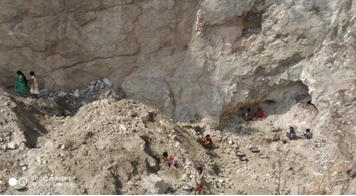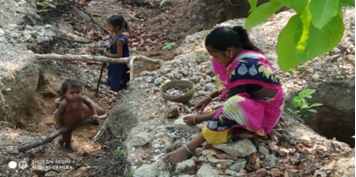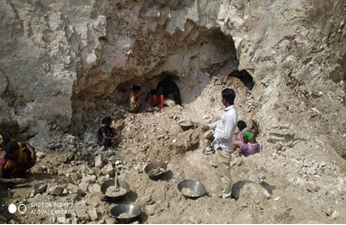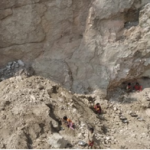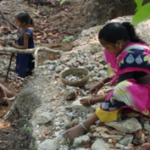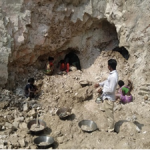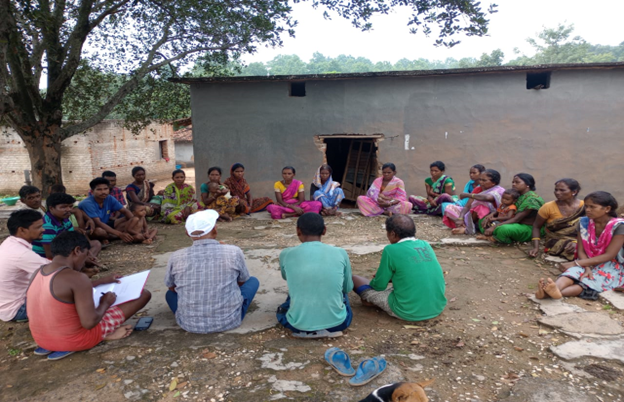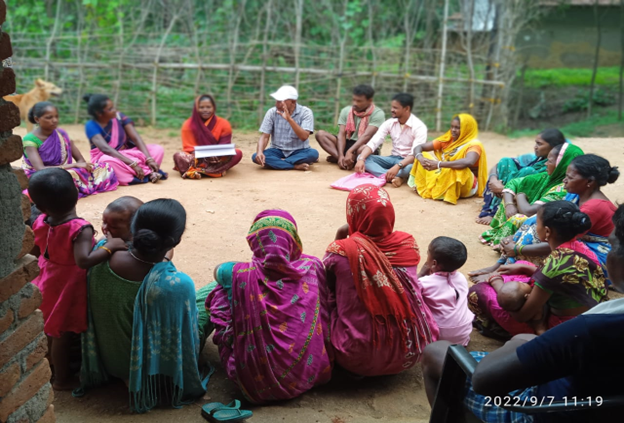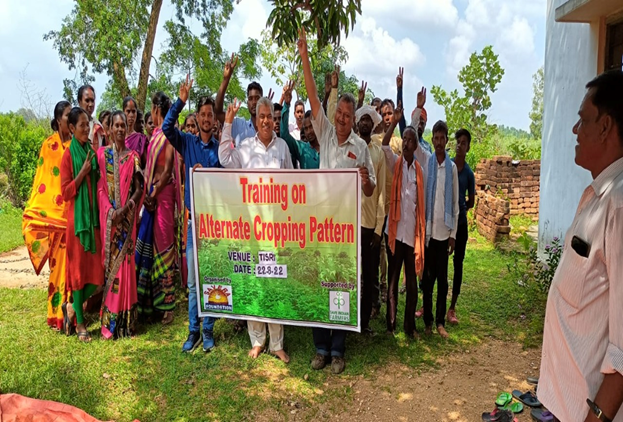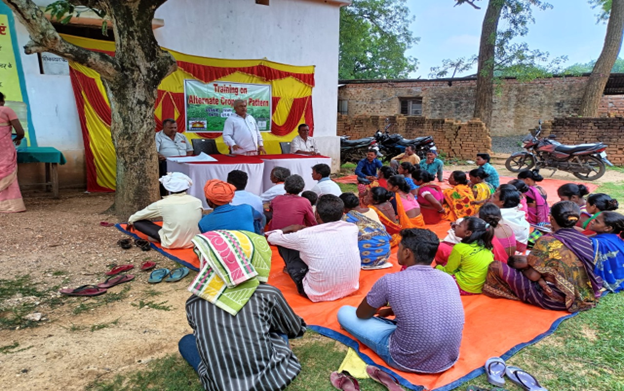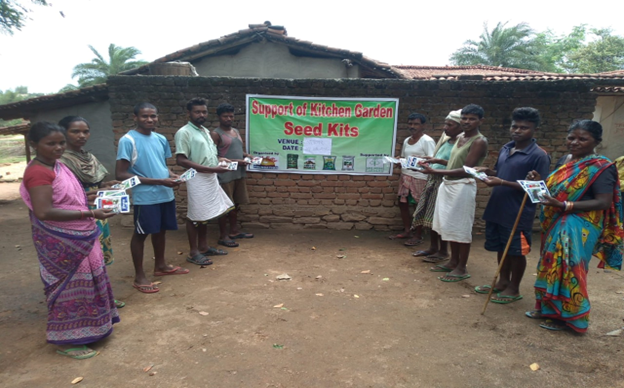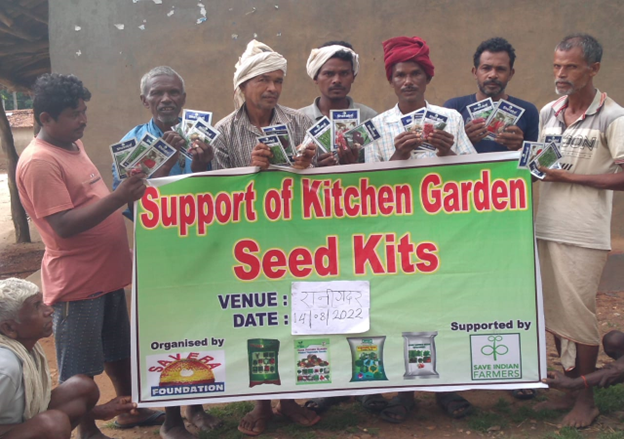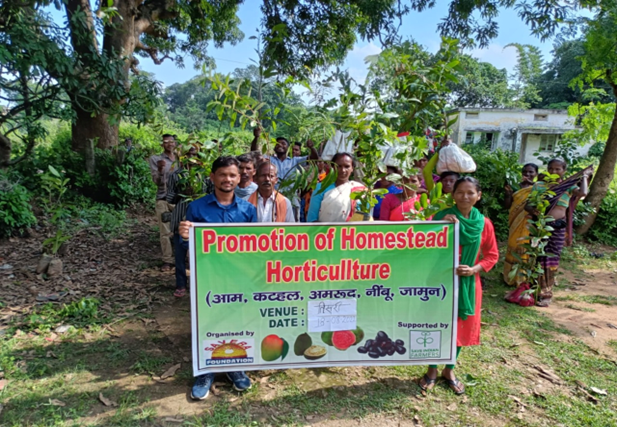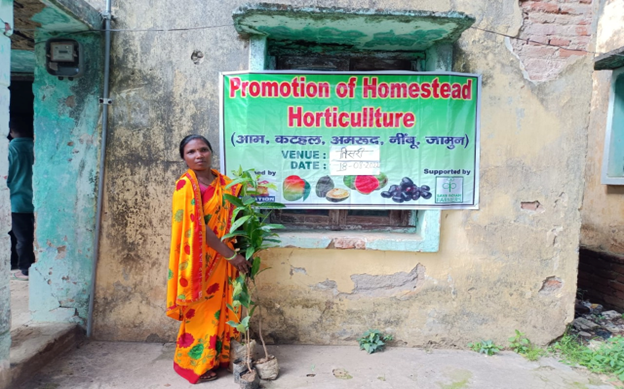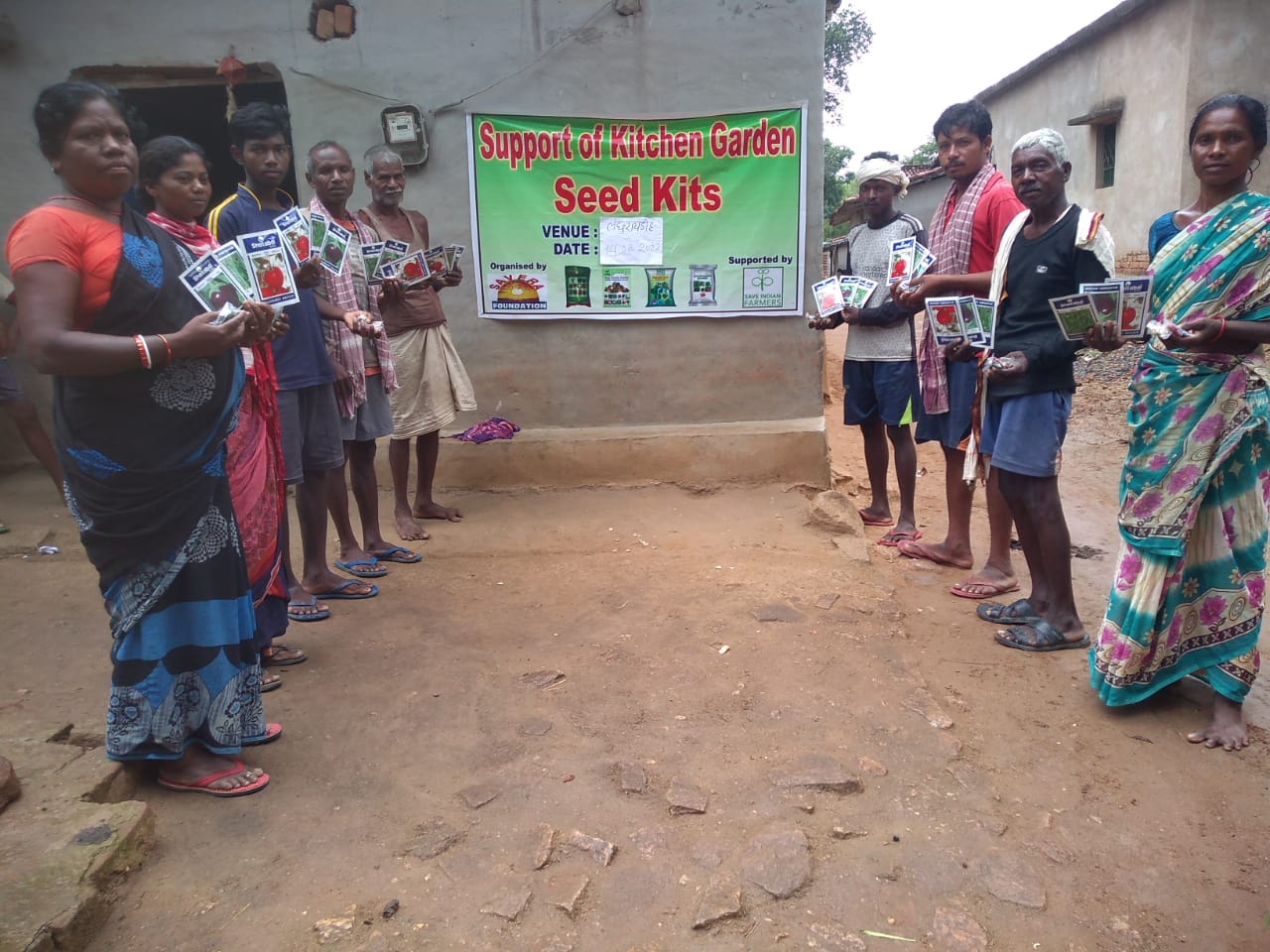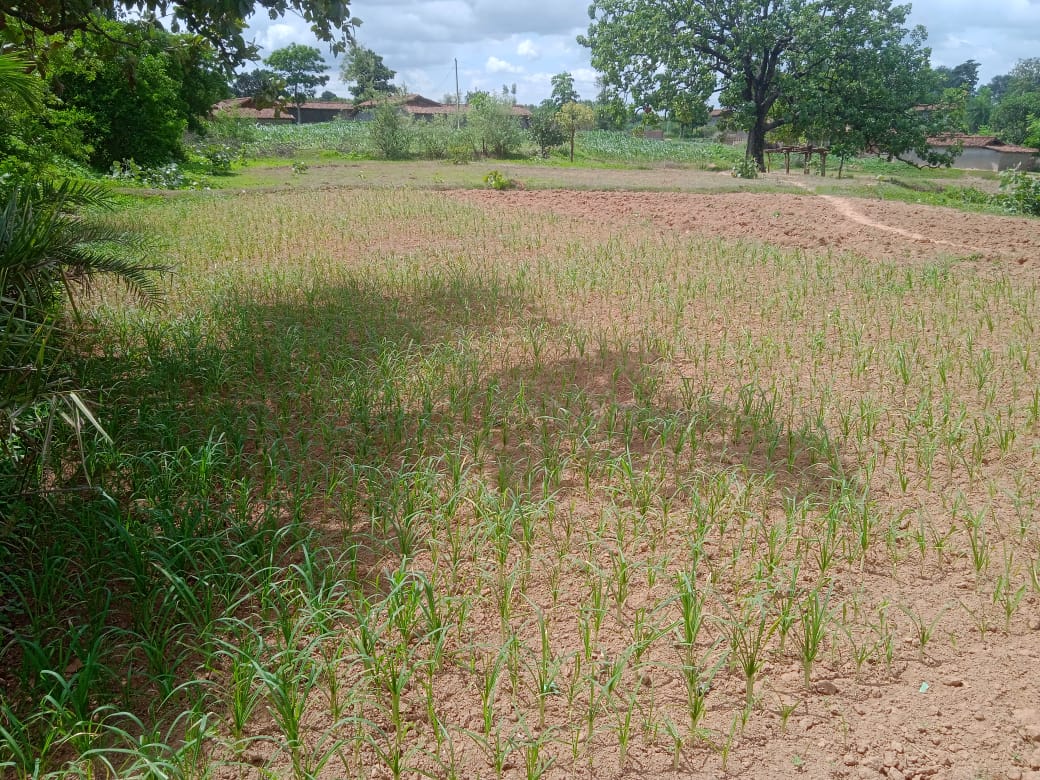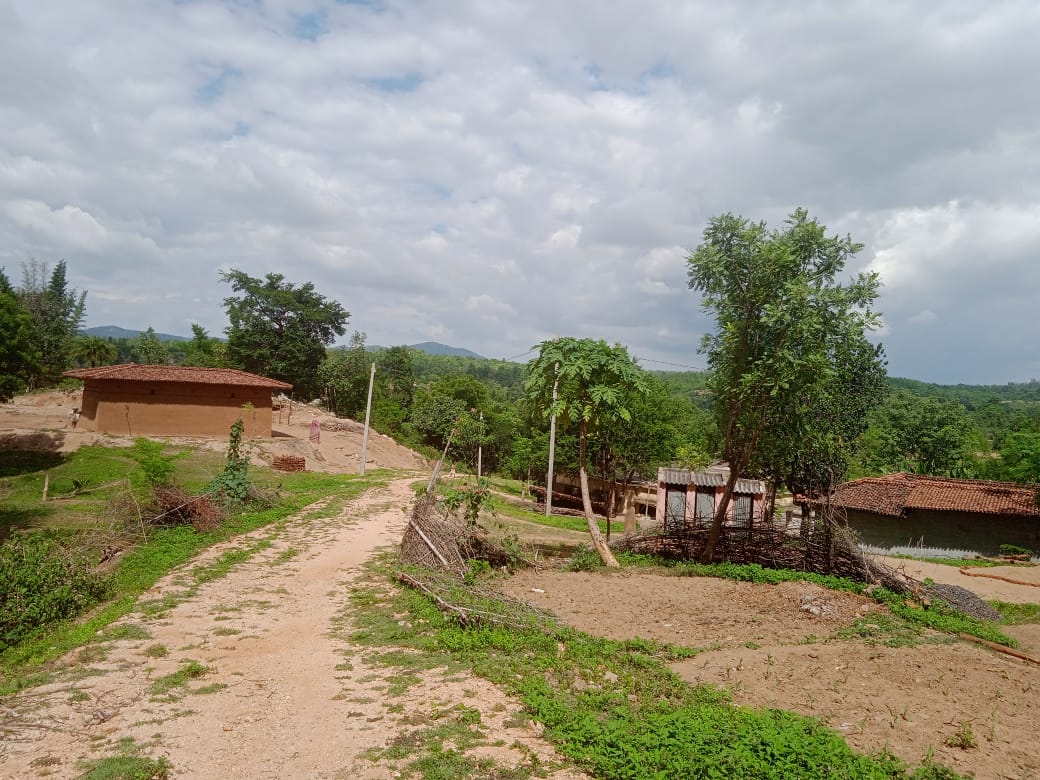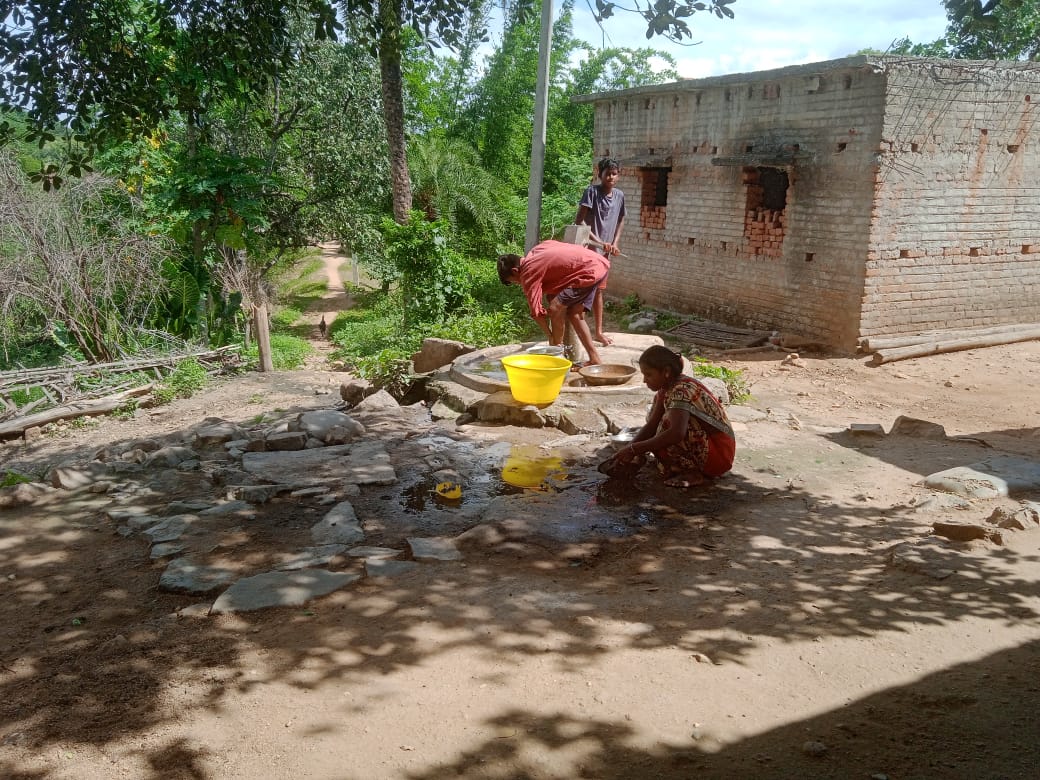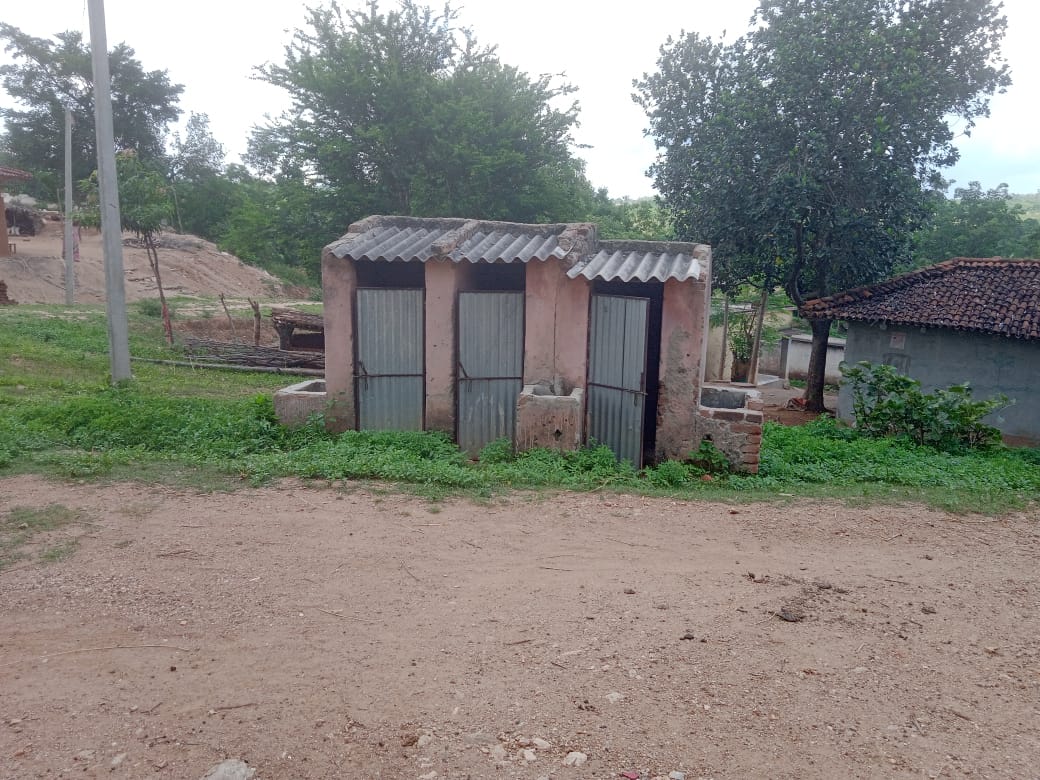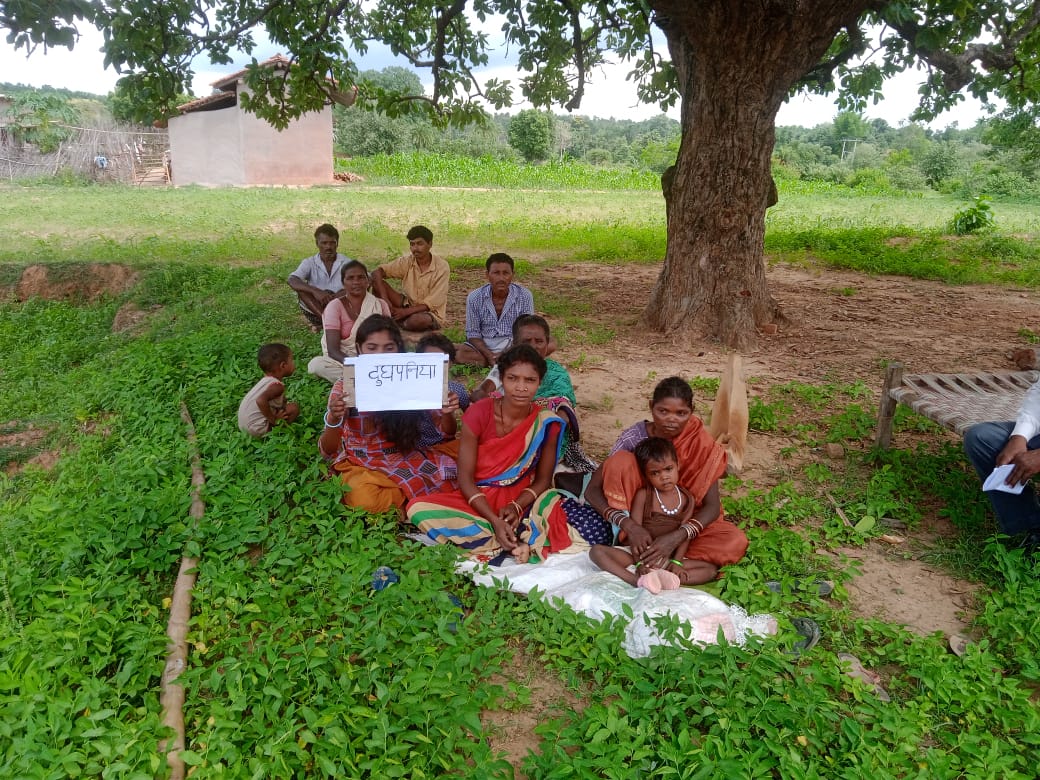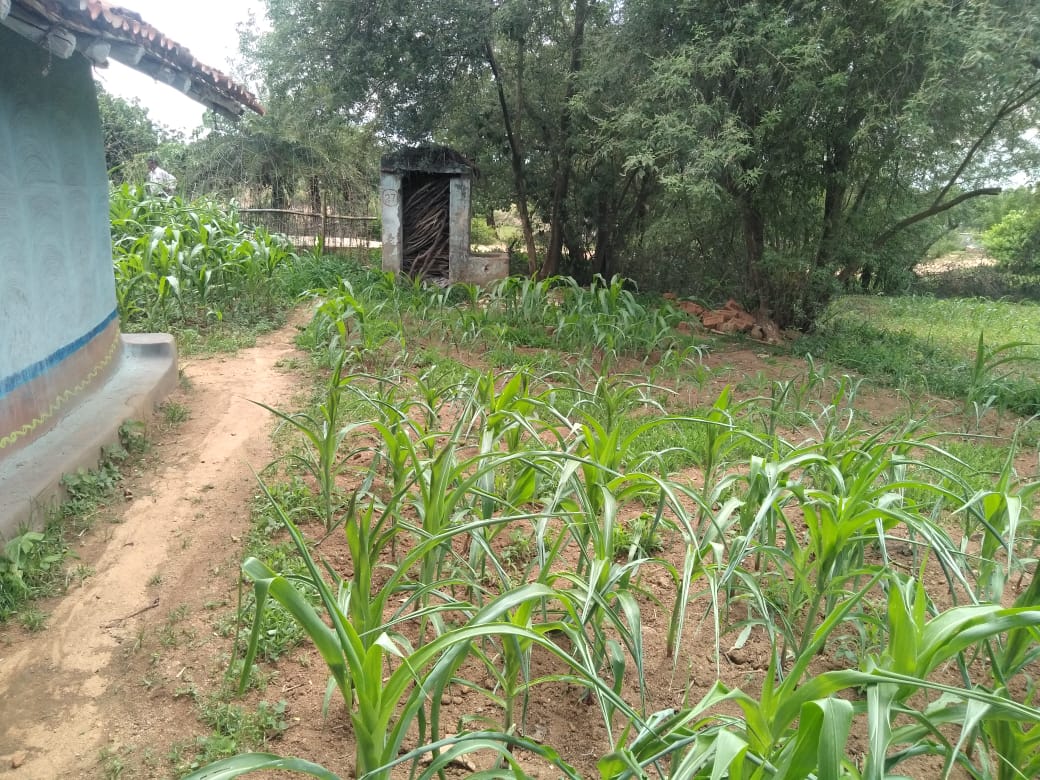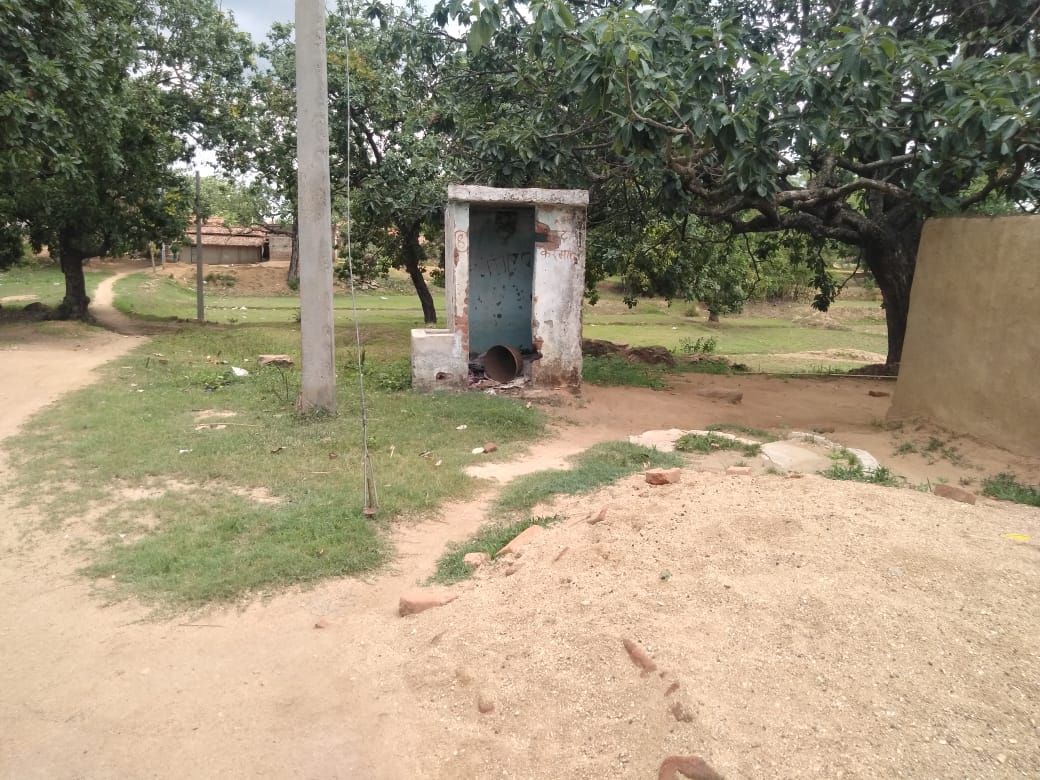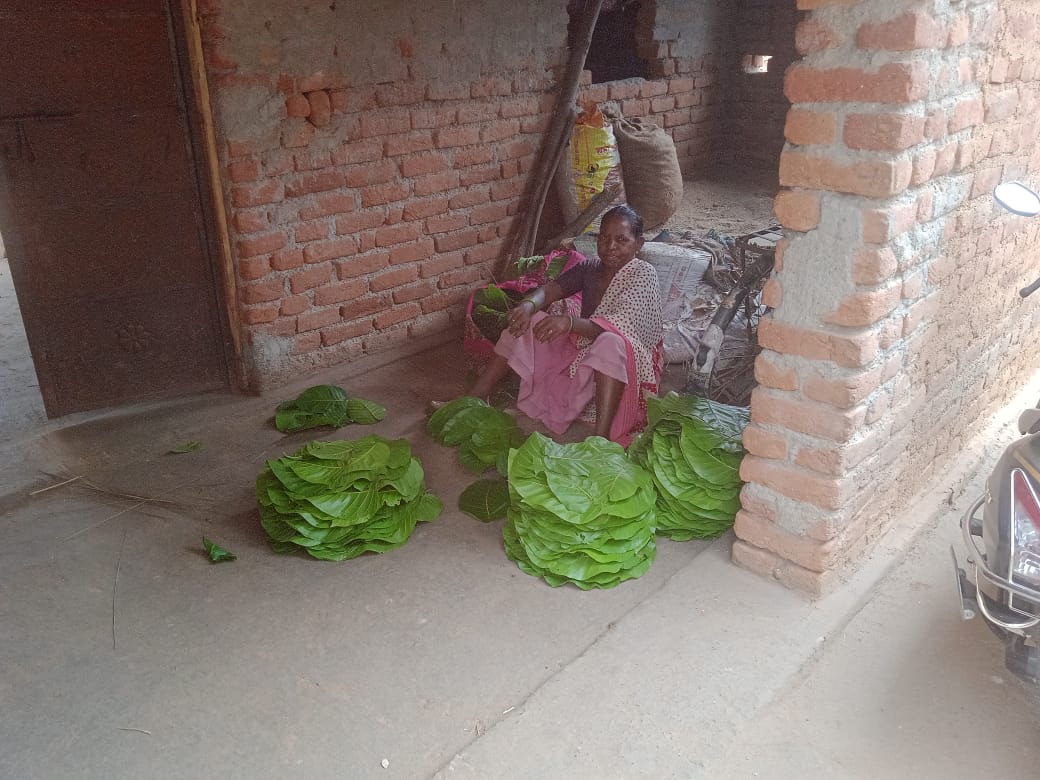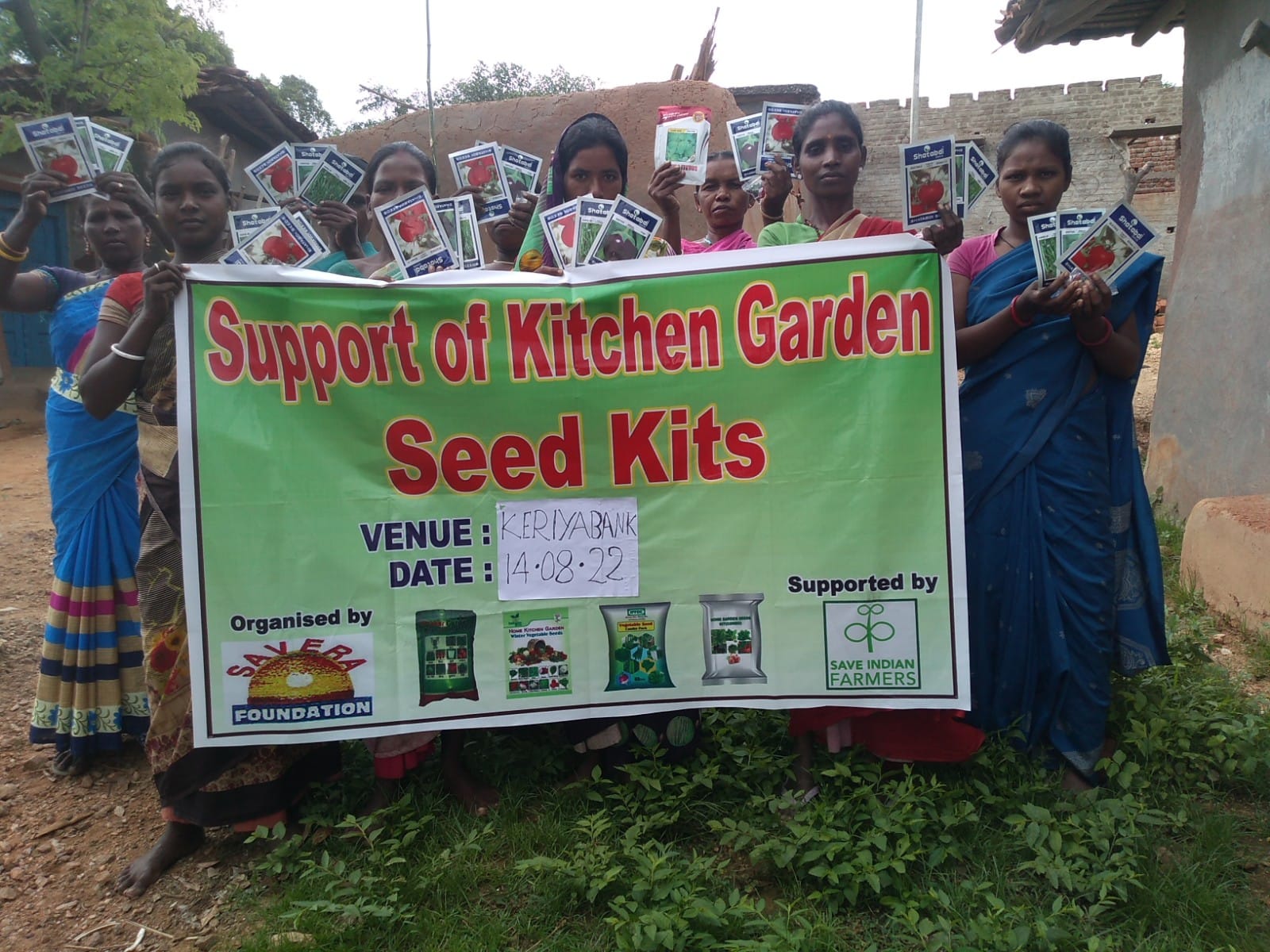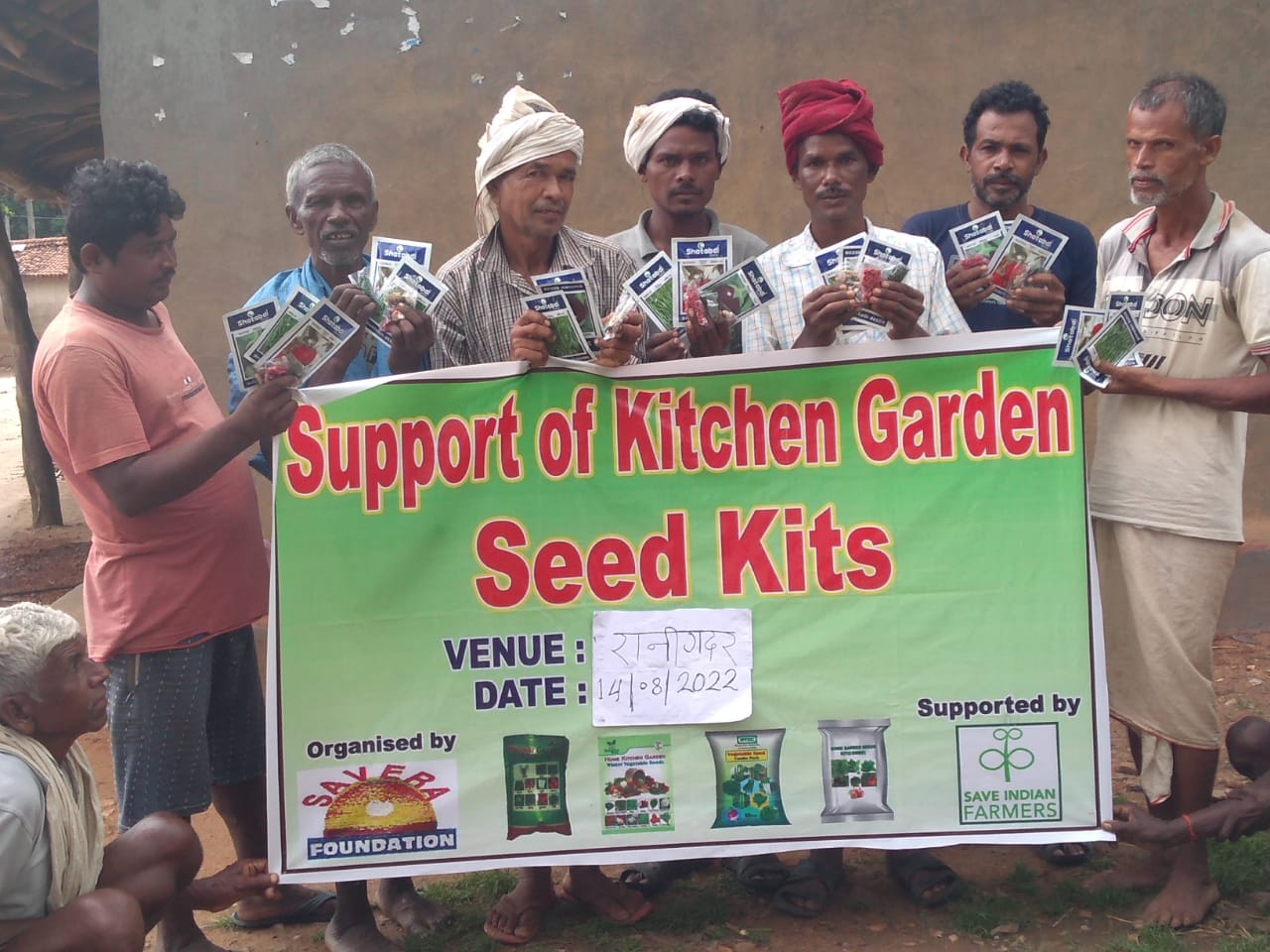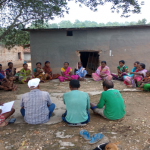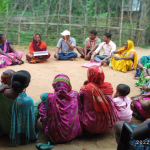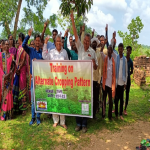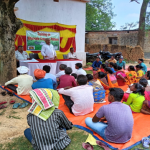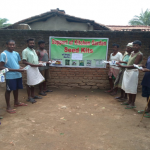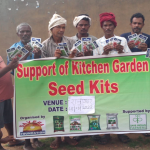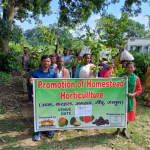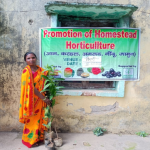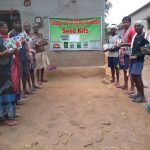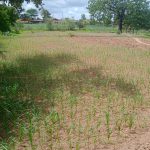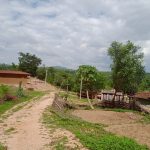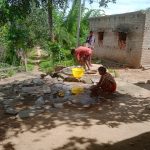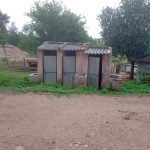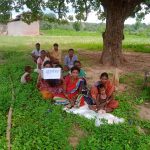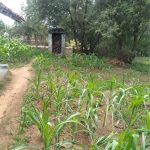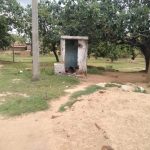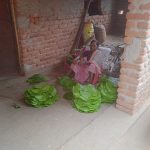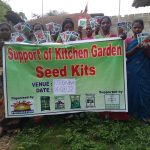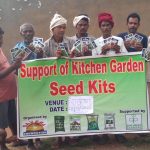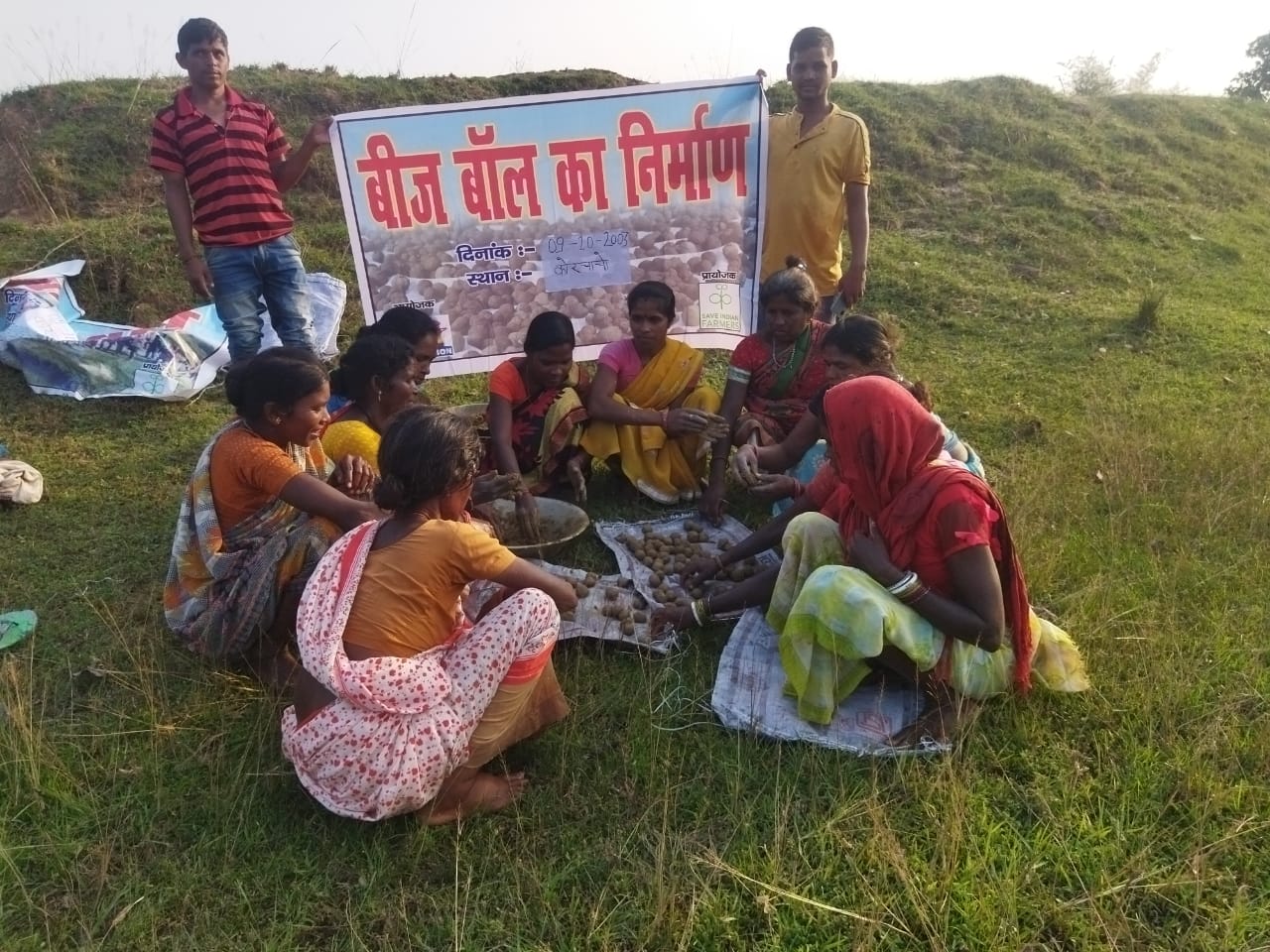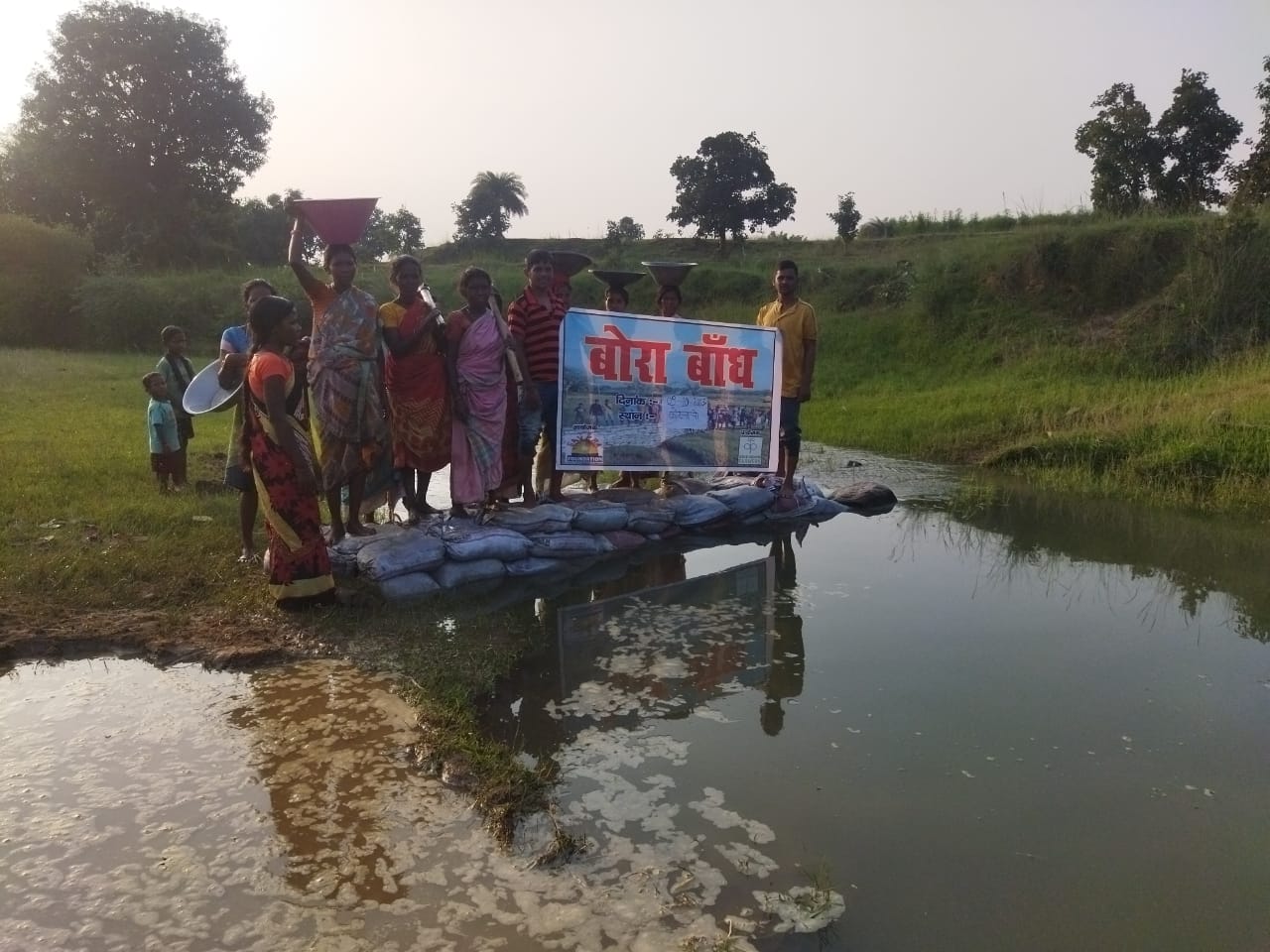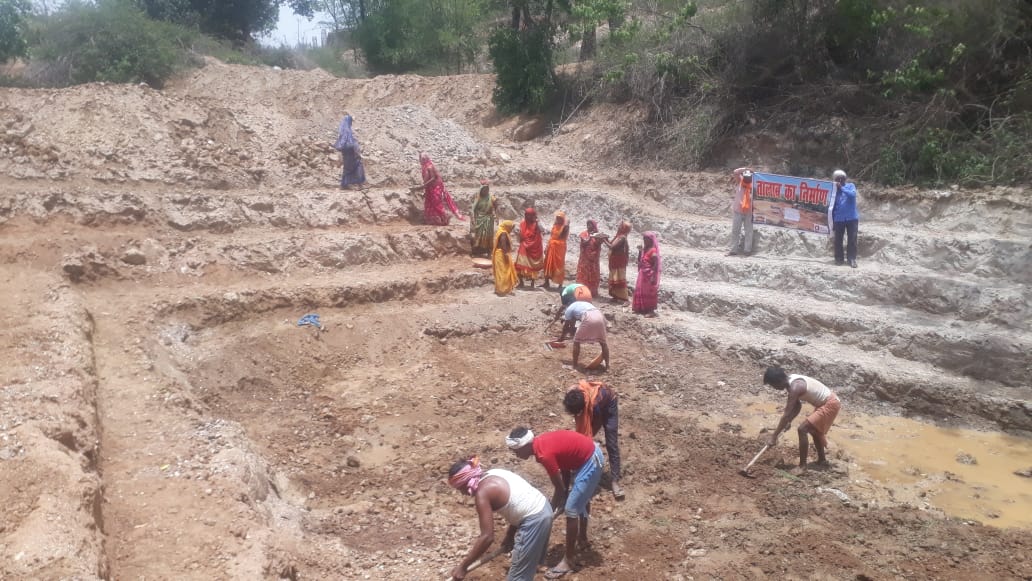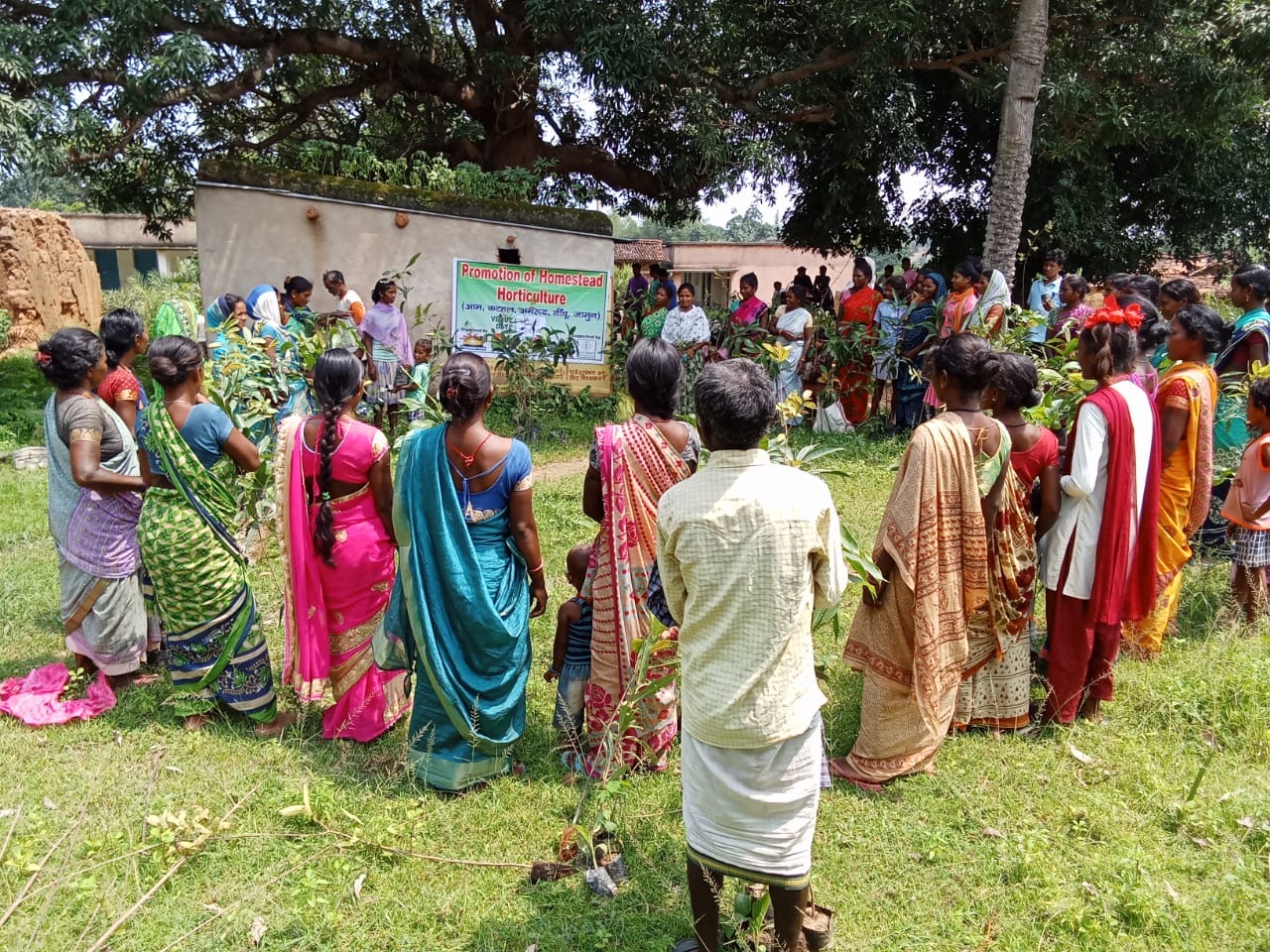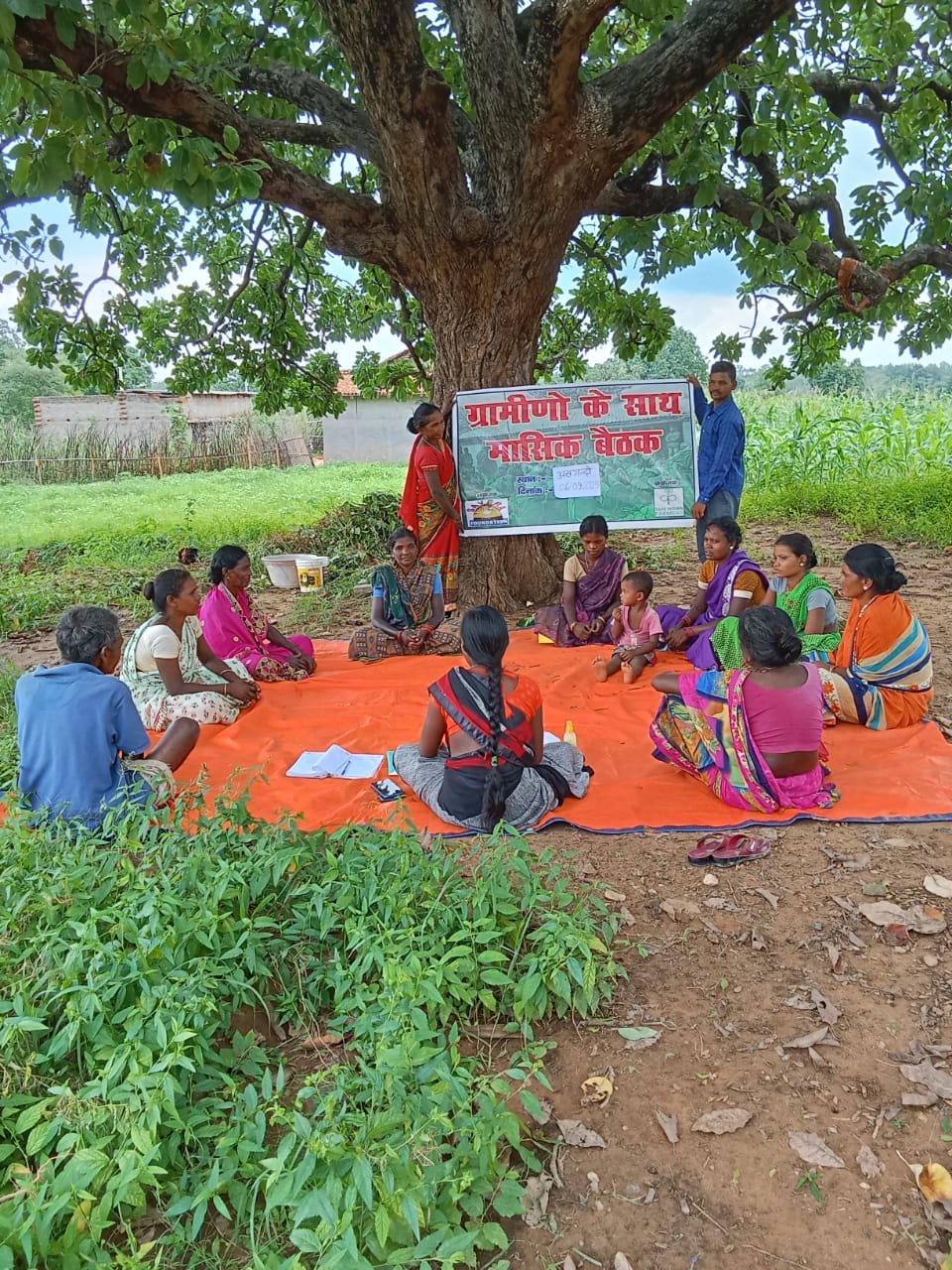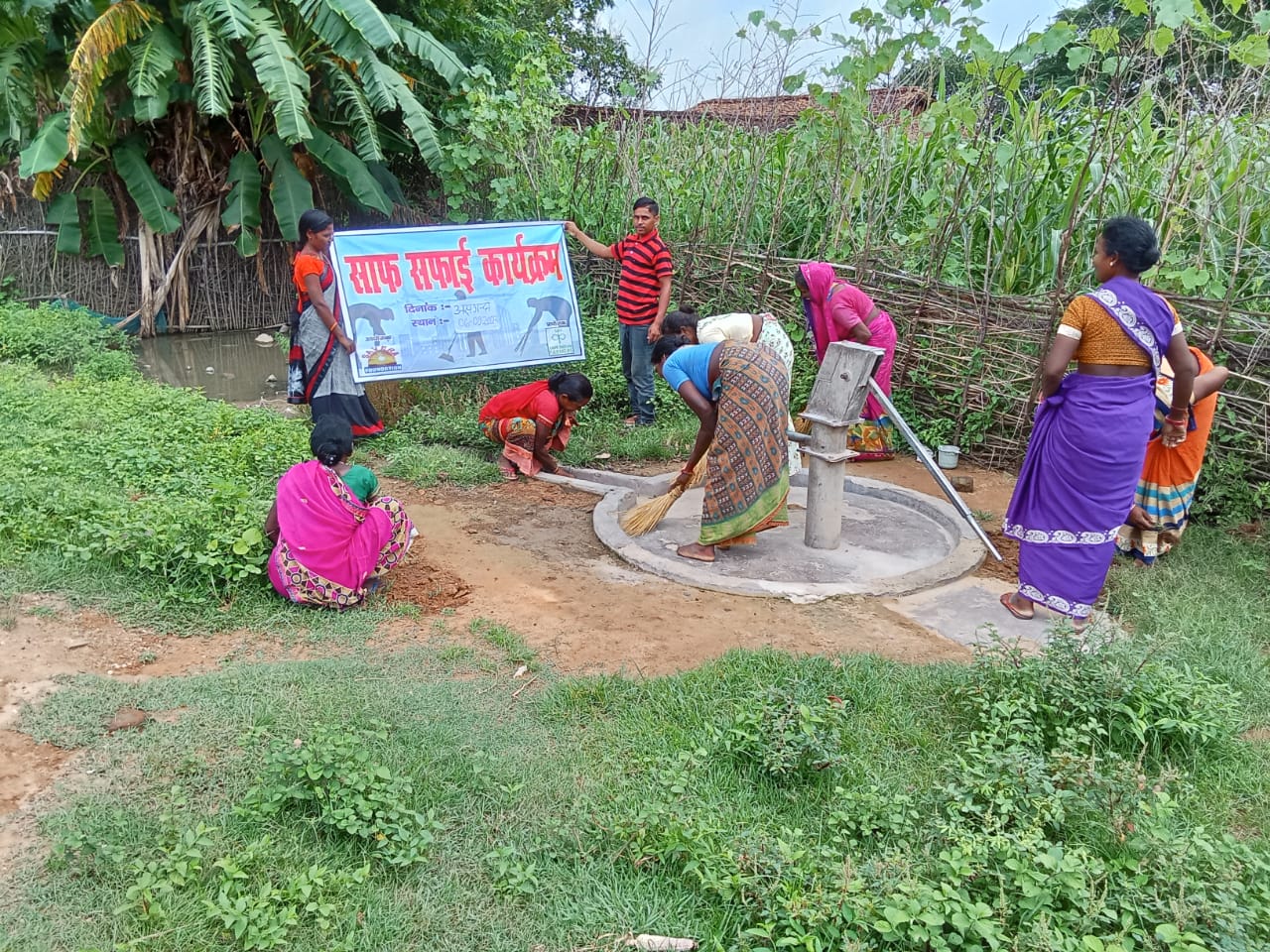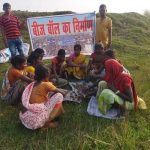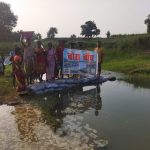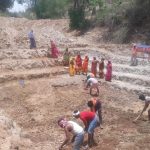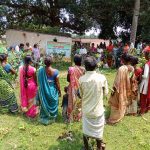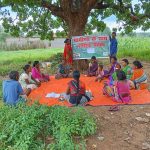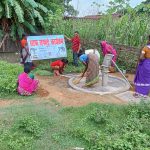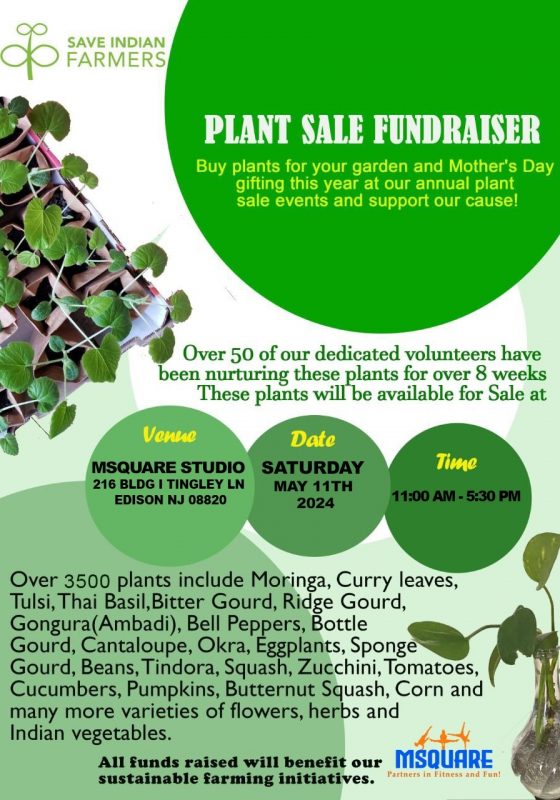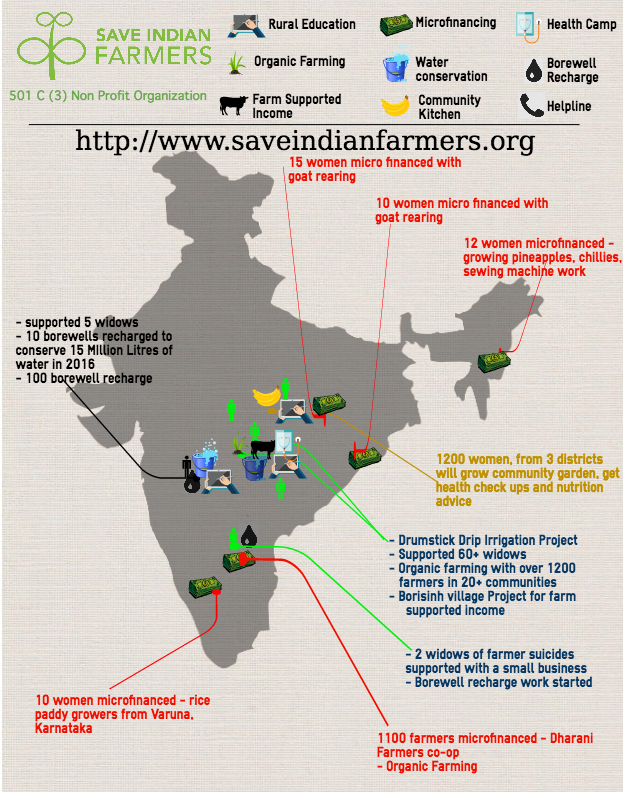Jharkhand- Sustainable Development of marginalized farmers
Region: Giridih district of Jharkhand state
Focus Area: 10 villages of Khijuri Panchayat (Santhal tribal dominated areas)
Domasar, Kiryabagh, Salgadih, Ranigadar, Jagarnathha, Arpathar, Lachuraidih , Dudhpaniya, Baliyari, Korchacho
Project Period: 1st July 2022 to 31st December 2022
SIF Partner: Savera Foundation
Project Goal
Sustainable Development of marginalized farmers in 10 villages of Khijuri Panchayat in Giridih district of Jharkhand state.
Problems People in the Area are Facing
- These selected 10 villages in the area are 70 kms away from the District HQ. Due to such a distance, they are neglected by the administration and lack basic facilities of education and health in their villages.
- In the target villages, most families are employed in agriculture and as daily wage laborers, and the average monthly income per family ranges between 3200-4500 INRs, this being well under the official national poverty line.
- People in the area are generally involved in Mica collection for decades as their source of income but now Mica is on the verge of extinction and mining is also illegal in the state. People are now unaware of opting livelihood opportunities for them and their families.
- While working in the abandoned unauthorized mines lacking safety measures, these community people expose themselves to the risk of deadly accidents from falls as well as the collapse of the mines. Other occupational hazards include cuts and abrasions, skin and respiratory infections like silicosis, tuberculosis, and asthma.
- Rainfall in the area is not distributed properly and people are unaware of water harvesting techniques and conservation methods. Their health status is not very good due to unawareness of nutritious food.
- Food security in the state is getting more acute day to day with increasing pressure on land, rapid environmental degradation, frequent natural calamities and inequitable distribution of resources.
Our approach to this problem
Raising Awareness in following areas
- Importance of agriculture and selecting it as the main source of income.
- Alternative methods like Transplantation in which seeds are raised in a field nursery, picked and taken to the farmer’s field, and then planted at regular intervals.
- Drum-seeder machine which gives more uniform seeding.
- Techniques of water conservation and taking small steps to conserve water.
- Encouraging use of kitchen gardening for nutritious food.
- Forming Farmer’s groups and linking them to the government department. They will be oriented in such a way that they can raise their grievances at an upper level.
- Various training such as training on alternative cropping systems, training on integrated pest management, Promotion of bio fertilizers, Demonstration of SRI techniques, Exposure visits and support of kitchen garden seed kits is planned in this project.
Our Progress:
We have completed two months of the project and were successful in building rapport with the community people. We have also identified some potential farmers who can cascade the knowledge imparted to them by us to the community people.
- Regular Community meetings: The main aim of the Community meeting is to build rapport with the community people and share ideas among themselves.
- Process:
- Volunteers of the project regularly visit the village to build relationships with the community people.
- A small gathering of people is organized to discuss issues in the community area.
- Meetings with community people especially to share our visions of promotion of sustainable livelihood.
- Output:
- 20 meetings have been organized in which 240 Male and 160 female participated
- Developed good rapport in 06 villages.
- The community people of 02 villages are taking interest in organizing community gatherings and sustainable practices.
- Method of Verification:
- Community Meeting register of Each village.
- Photographs of the meetings.
- Support of Kitchen Garden seed Kit: To develop the kitchen garden to produce nutritious vegetables and make a model to encourage other families.
- Process:
- Identification of interested farmers from Community meetings and having a patch of lands
- Date and Venue of the program had been informed to the selected farmers
- Distributed the seeds of brinjal, lady’s finger, pumpkin, bitter gourd etc. among the farmers.
- Imparted knowledge to the farmers about various essential nutrients available in the vegetables for living a healthy life and for the cognitive development of their children.
- Asked the beneficiaries to divert the waste water coming out from the well, hand pumps, or domestic chores to the Kitchen Garden area to have more profit.
- Output:
- 101 farmers have received the seeds to sow.
- 85 farmers have made a fence in their kitchen garden to sow the seed.
- Method of Verification:
- Participant list with their signature or thumb impression
- Photographs of the beneficiaries receiving the Kitchen garden seed kit.
- Program Register
- Training of alternative cropping Pattern: To develop the capacity of identified farmers on production of alternative crops like green vegetables, wheat, pulses and promotion of Coarse cereals due to erratic weather conditions.
- Process:
- Identification of Beneficiaries through regular community meetings.
- Date and Venue have been selected.
- Resource person explained about low cost prices on agriculture, maximum use of organic compost, Different crops can be produced at the same time.
- Resource person also emphasized on promotion of Coarse cereals due to erratic weather patterns. He also discussed the low production of Kharif due to climate change. He encouraged beneficiaries to plant more trees and asked them to save water.
- Review was taken from the beneficiaries at the end of the session.
- Output:
- 50 Farmers have participated in the session
- Farmers actively participated in the program and asked questions related to various rain water harvesting structures.
- 02 Farmers shared their work of construction of soak pits near wells and Handpumps.
- 42 Farmers have ensured to plant more trees in their areas.
- Method of Verification:
- Program register.
- Participants list with their signature or thumb impression.
- Photographs.
4. Promotion of Homestead Horticulture: To develop the economic and health status of community people by developing homestead horticulture.
- Process:
- Identification of interested community people from regular meetings
- Date and Venue was fixed for the distribution of the Plants
- We had distributed plants of Mango, Jackfruit, Guava, Jamun and Lemon
- During the programme, we discussed the methods and techniques of planting these plants and how to increase the production of these plants and to maintain the health and nutrition status of the community.
- We also discussed about the importance of planting more trees for present and future generation and about climate changes and its effects.
- Output:
- 100 Community People received the saplings
- 21 Community People had made a fence to protect the saplings
- Beneficiaries developed knowledge on climate change and its effect on our day to day life.
- Method of Verification:
- Programme Register
- Participant list with their signature or thumb impression
- Photographs
Updates as of August 2023:
- Conducted two trainings on alternative farming techniques for sustainable food production – 60 participants
- Continued to conduct awareness drives on capacity building of Jal Doots on climate change and its effects – 60 Participants
- Conducted two days of water conservation training – 40 Participants
- Training on making Bio-fertilizer for sustainable food production – 110 Participants
- Conducted drives for distribution of seeds for making kitchen garden – +100 families
Work done during Sep – Dec 2023
- Fruit tree saplings were provided to over 100 farmers at the Savera Foundation office in Tisri. Farmers from 10 villages participated in the programme where a thorough discussion was made with the farmers to promote horticulture and conserve the environment. All participants showed their commitment to reducing deforestation, actively participating in tree-planting initiatives, and ensuring the protection of saplings provided by the Savera Foundation through proper fencing and providing water and manure promptly. The collective pledge to safeguard the environment and promote green practices marked the end of the impactful session.
- Savera foundation in active partnership with villagers concluded the location for the construction of a 60’x60’X10’ pond in Domasar village. The construction of the pond aims to increase the water level in the area. This collaborative initiative involves active participation from both the villagers and the organization, ensuring a shared responsibility in the successful implementation of the project. The pond will serve as a local water source, which will recharge the water table and will also help animals during peak summers. Additionally, the pond opens up opportunities for agricultural activities within the village, fostering economic growth and improving overall living conditions. The construction was completed successfully and could accumulate the water during late monsoon season during Sep-Oct 2023.
- Savera Foundation team organized the cleanliness campaign in the village of Asgando during Sep 2023.
- All the villagers were explained the importance of cleanliness around water sources to minimize the risks of contracting various diseases in our everyday lives. When there is waste around our homes or near water sources such as hand pumps, it becomes a breeding ground for numerous bacteria. These bacteria, if not properly managed, can find their way into our bodies through contaminated food and water sources, potentially leading to the spread of illnesses. Therefore, villagers were asked to be vigilant in maintaining cleanliness, refraining from littering around our residences, and ensuring that no garbage is left near wells and hand pumps.
- During Sep 2023, the villagers of Korchancho constructed a sandbag in the village drain to raise the water level of the village.
- Savera foundation team led the drive to spread the awareness about importance of increasing forest cover, its interconnectivity with water sources and seedball preparation during Oct 2023. Seed balls are an innovative and eco-friendly approach to reforestation and ecological restoration. Villagers successfully spread the seedballs in nearby forest during critical monsoon season.
This is paving the way for 100+ farmer families across the identified 10 villages to see an increase in farm
yields, availability of nutritious food options through horticulture and will have a sustainable source of
income that continues to rise with little or no hand holding in future, including sustainable water source for
household and their livestock.
Problems and challenges faced during Project implementation:
- The 10 villages that we have selected are far away from the district as well as the Block office so we are facing the problems of means of communication. The frequency of public vehicles running in the area is very low because of remoteness.
- Prevalence of Alcohol among the community People which hinders our implementation and slows down the effectiveness of the activities.
- Majority of people are daily wage laborers so it becomes difficult for them to give time to regular meetings and training programs.
- Medium of language is also becoming a barrier for the community people. They are more expressive when we talk in their local language.
- Slower adaptability to the alternate livelihood options.
- During the agricultural period (monsoon period) the attendance of target groups decreases so we manage to conduct meetings near the agricultural land.
Identified Risks:
- Majority of the families in the selected villages are engaged in digging and picking up mica scraps and working as daily wage laborers. They got their daily wages at the end of the day. So, there is an apprehension among the community people as harvesting profit from agriculture would take some time.
- Delayed monsoon has become a regular phenomenon, resulting in dry spells and drought-like situations during early kharif (summer cropping) season. Again, untimely rain during October-November disturbs the humid and temperature conditions, making it conducive for spreading of diseases and pests.
- Due to the complex procedure of getting loans from the bank as well as the location of banks from the villages being very far away, it is very easy for the money lenders to trap the community people. As it is an informal way of collecting loans, money lenders ask for land, livestock, etc as a mortgage.
Learnings:
- Through our regular meetings and contact with community people, we came to know that there is a need of practicing water resilient crops due to delayed monsoon and drought-like situations in the area.
- Volunteers have enhanced their capacity on promotion of diversity of crops in the same field and practicing of coarse cereals.
- Volunteers learned about the importance of the Farmer’s group in the community area and how it can mitigate the risk of becoming prey to money lenders.

